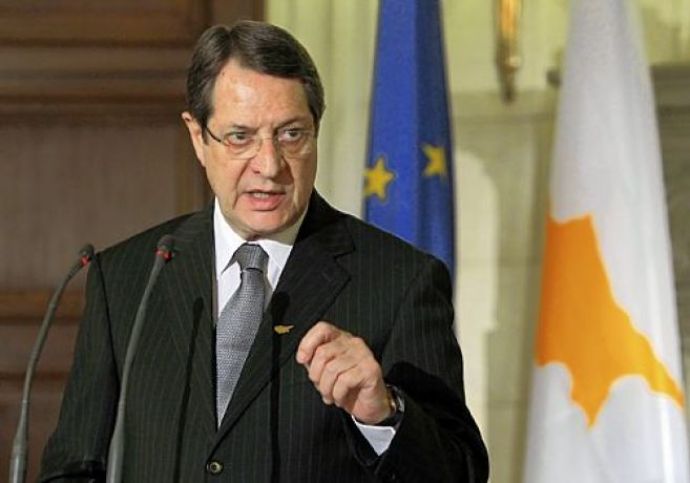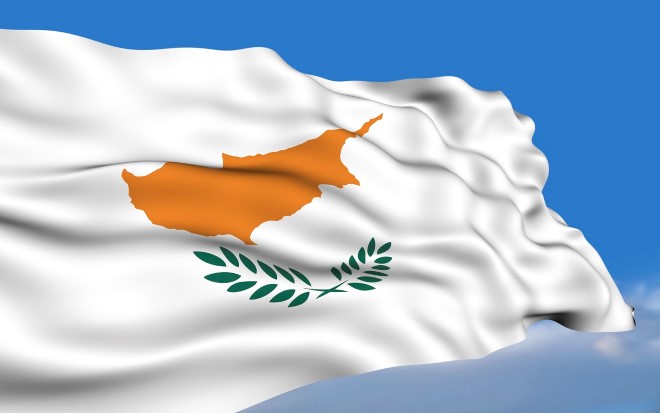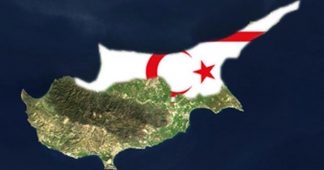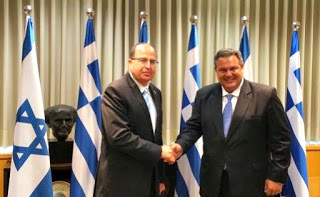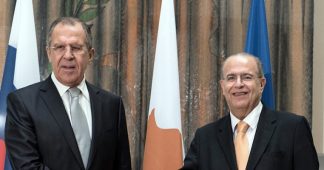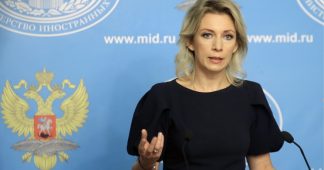By Dimitris Konstantakopoulos
In a very rare gesture, the Archbishop of Cyprus Chrysostomos, in his Christmas message, read in all churches, has criticized, in unusually harsh terms, the policy of President Anastasiades and the type of “solution” of the Cyprus conflict he wants to impose on the citizens of the Republic, bypassing the need for a referendum.
“We must guard our state, instead of negotiating its dissolution”, reads the message of the Archbishop, who, without naming Anastasiades, he criticizes point by point the “solution” negotiated by the President.
Anastasiades, acting under the direct supervision of Victoria Nuland, is trying now to circumvent the obligation to hold a new referendum on any solution of the Cyprus conflict, by accepting to participate in an international conference on the Cyprus issue, planned to be held in Geneva, on January 12. This conference, which is already endorsed by the European Commission, is considered by constitutional experts in both Cyprus and Greece as running counter to the UN Charter, European and international law and the constitutional order of the Republic of Cyprus itself.
The top legal experts say that only the citizens of the Republic, through a referendum, can make any decision infringing on the sovereignty of the Cypriot state or decide about its constitutional structure. .
It is very unusual for the Orthodox Church of Cyprus to be so critical and in so open a way of the state power. The Cypriot Church commands great influence among the population of the island (82% of whom are Greeks) and has played a major political role during the Ottoman occupation of Cyprus and also as the political leader of the Cypriot anti-colonial revolution of 1955-59, one of the most successful national liberation movements after the 2nd World War.
Archbishop Makarios was exiled in Seychelles by the British and then he became the first President of the Republic. A prominent leader of the Non-Aligned Movement, he stood up courageously against efforts by the British, Americans and Turks to destroy his state. In July 1974, Archbishop and President Makarios (unlike Salvador Allende) escaped an assassination attempt against him, organized by Henry Kissinger with the help of the Athens military junta, imposed on Greece by the CIA. In escaping death, Makarios was able to be the embodiment of the continuity of his state, in spite of the Turkish military intervention (also organized by Henry Kissinger) which followed suit.
